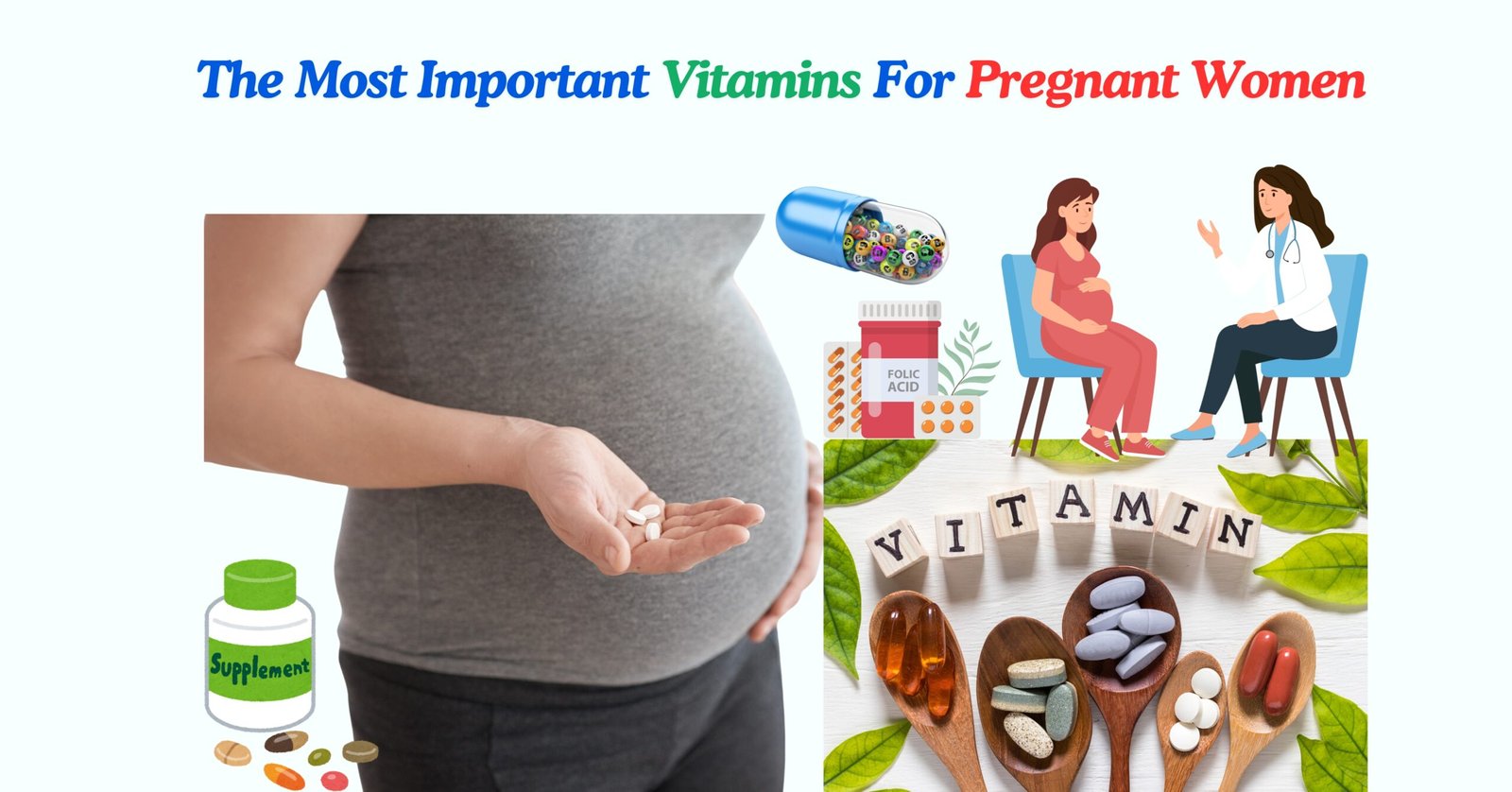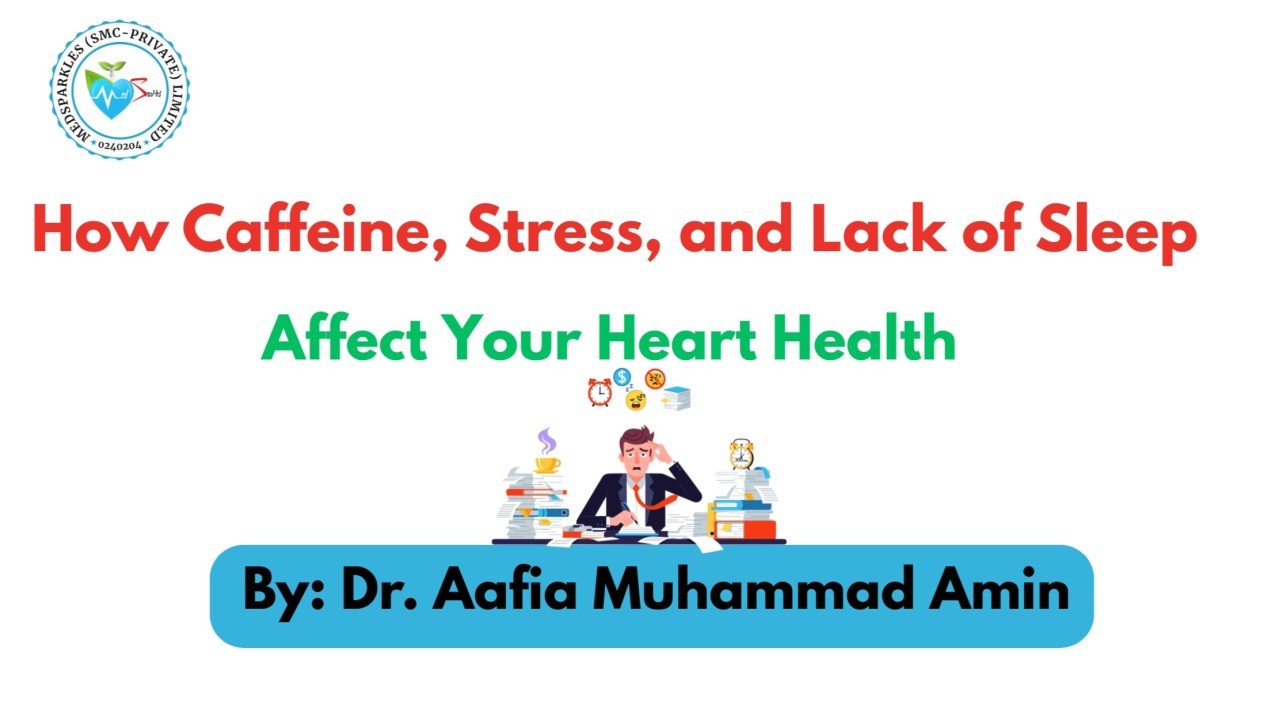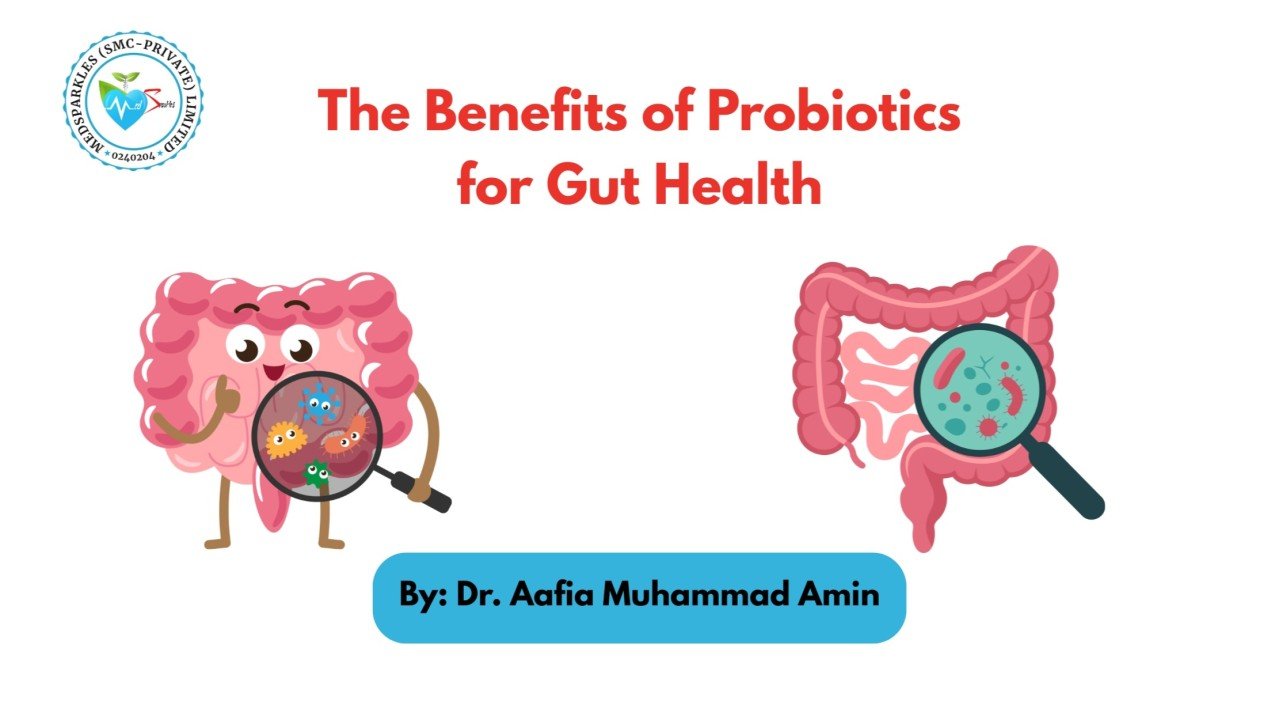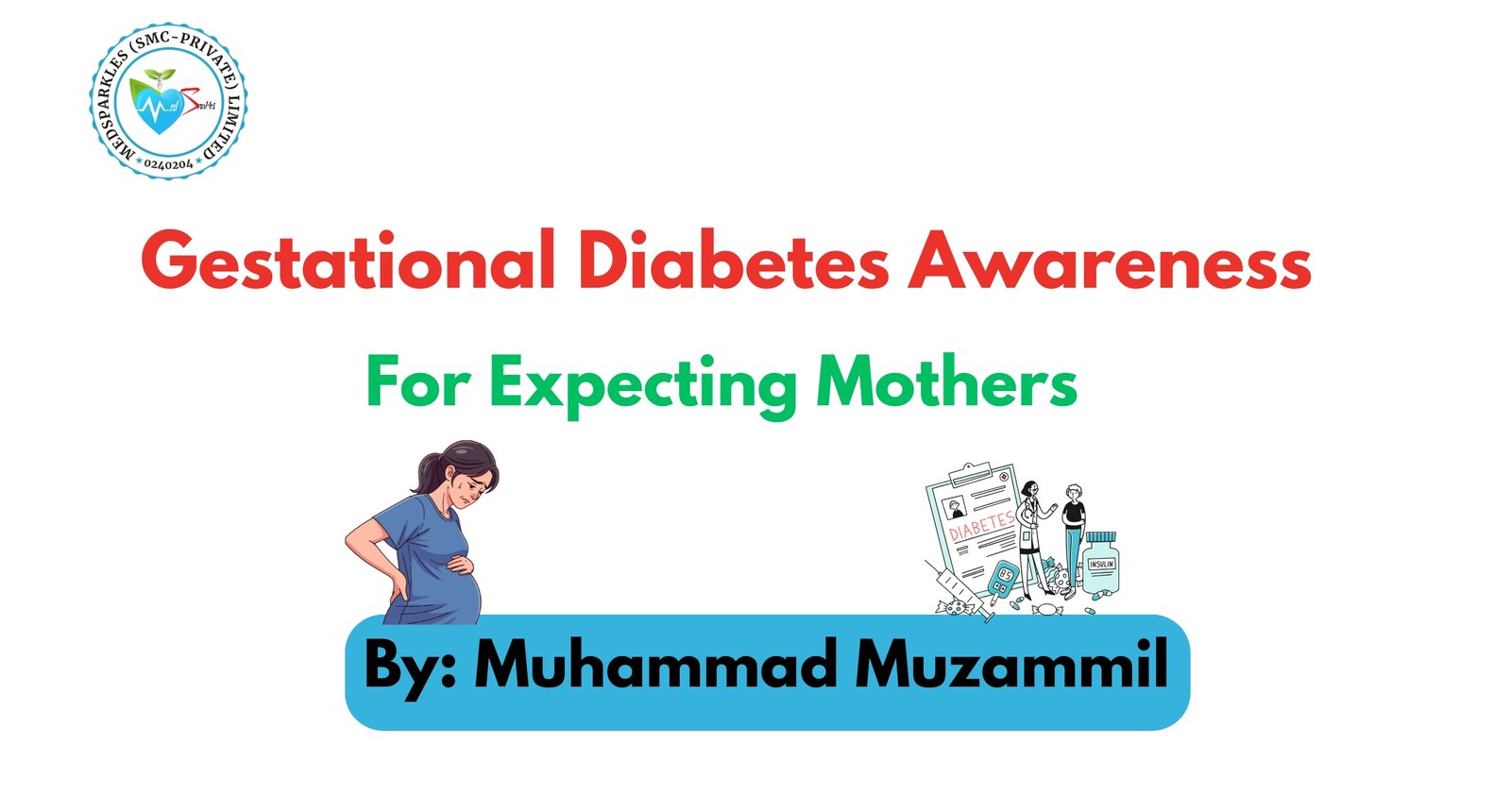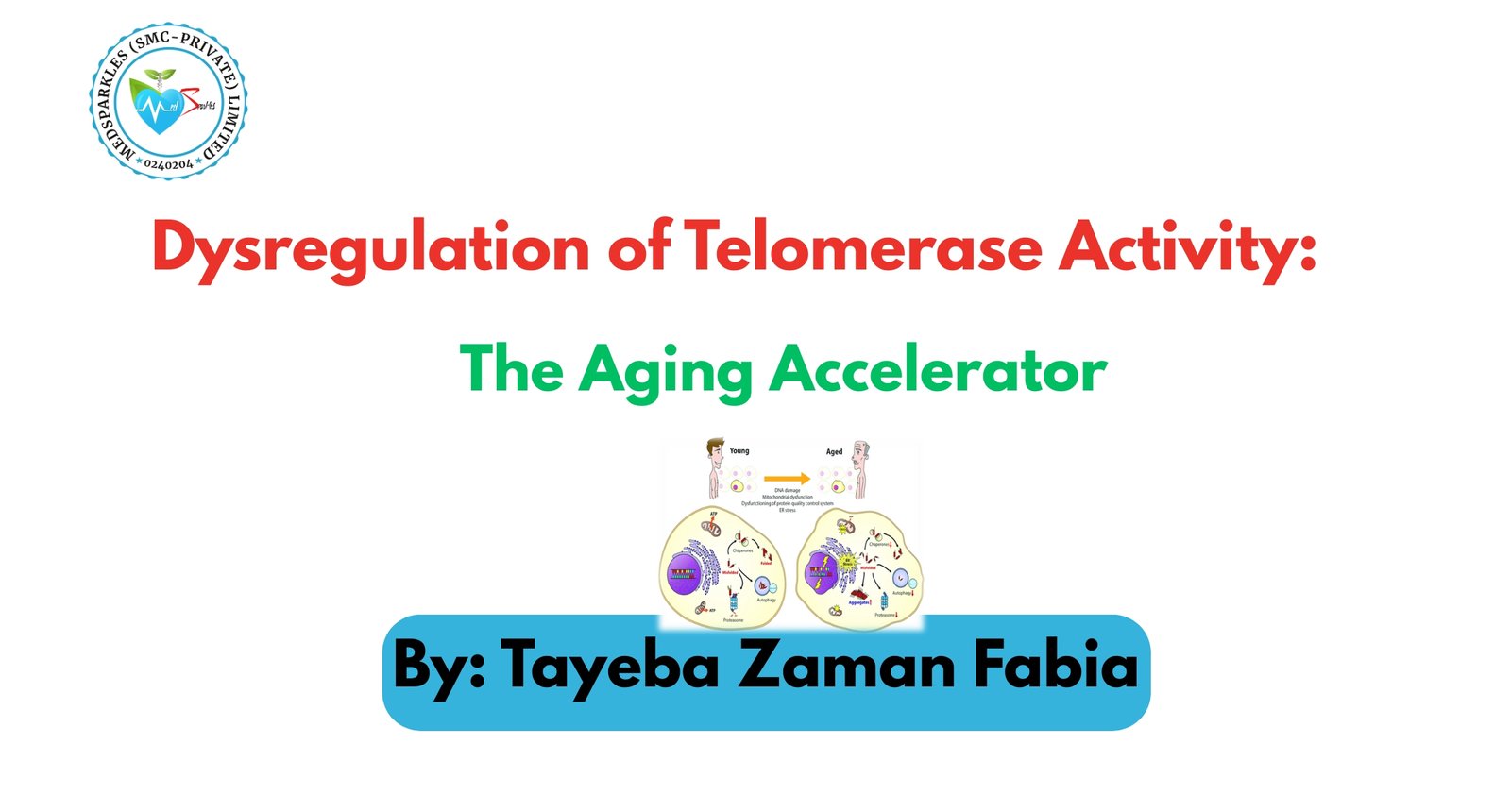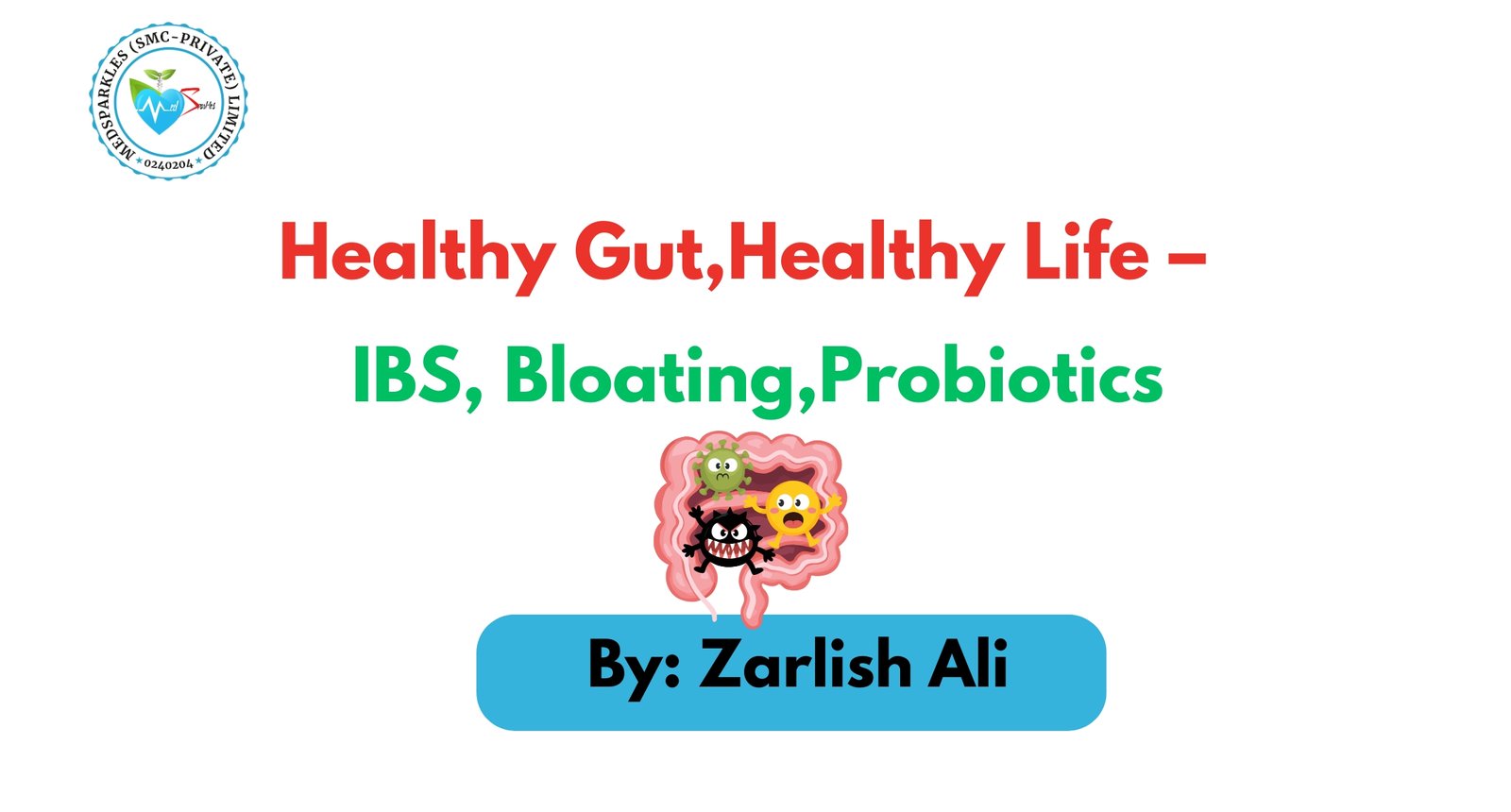Vita means life. Vitamins are substances that are important for life and a well-functioning metabolism. During pregnancy in particular , you need a regular supply of vitamins, as you are not only providing for yourself, but also for your child. As an expectant mother, you should therefore pay particular attention to ensuring that your diet is balanced and that you do not eat too little or too much of anything. You consume various nutrients. We offer you an overview of which vitamins are particularly recommended for you and your baby and in what quantities.
We are also happy to answer the question of whether so-called nutritional supplements are useful .
Introduction to the best vitamins for pregnant women
The most crucial vitamins for a pregnant woman and her foetus are discussed in this article in order to provide them with full and sufficient nourishment as well as to help the body accomplish a number of essential functions.
One of the most crucial elements that your body needs on a daily basis during the whole pregnancy process is vitamins.
Important tips for pregnant women
Make sure to carefully read the labels on any nutritional supplements you decide to use while pregnant.
Additionally, ensure that you consume vitamins within the recommended daily intake for each vitamin, and remember that certain dietary supplements should be used in addition to a healthy diet.
When it comes to your nutrition, try not to take more supplements than the total amount that is advised each day.
You should also discuss any form of dietary supplement or medicine with your gynecologist and nutritionist.
You must follow the aforementioned actions to prevent conflicts between your diet and any prescription drugs and nutritional supplements you may take concurrently before giving birth and to receive professional guidance if you take more than the daily suggested doses.
The most important vitamins for pregnancy
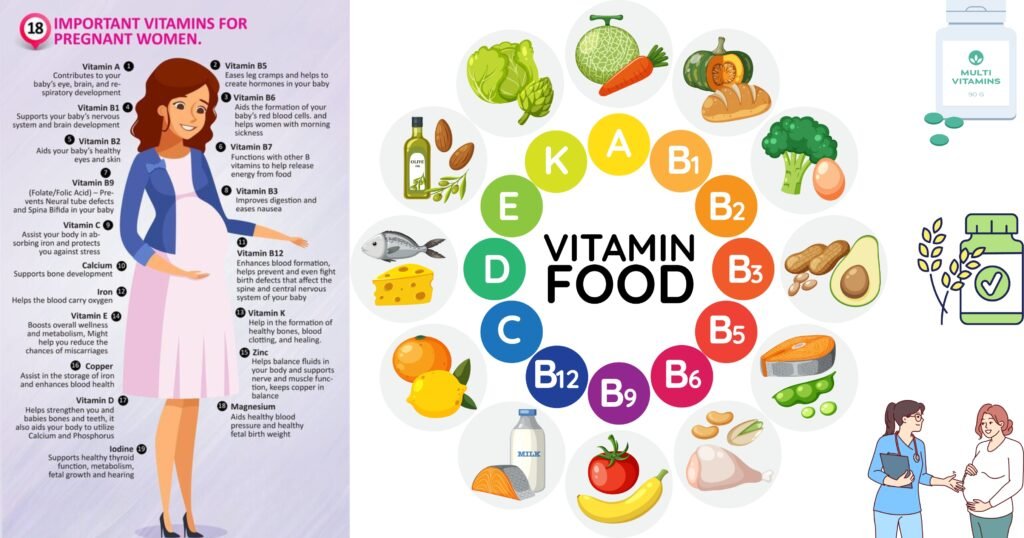
There are a total of 13 vitamins . In addition, there are provitamins from which our body produces vitamins. The provitamin beta-carotene, for example, is converted into vitamin A in the body.
Vitamins themselves do not provide the body with energy. However, they are essential for generating energy from proteins, fats and carbohydrates. Vitamins are also an important component in the formation and breakdown of enzymes, blood cells and hormones. They also help to utilize food and protect us from many harmful substances.
The 13 vitamins are:
- Vitamin A: Vitamin A is also called retinol. It is a fat-soluble vitamin and is easier to use if you eat it with fat. For example, you can cut carrots into thin strips and sauté them in butter or oil, add a little salt and season with a little cinnamon and turmeric. Try it. It also tastes great on sourdough bread spread with sour cream. Vitamin A supports body processes in the eyes, skin, bones, mucous membranes and teeth. Retinol is also important for the immune system. Natural sources of vitamin A include liver, eggs, numerous dairy products, spinach, carrots and other yellow, orange, red and green plant foods. You can easily cover your vitamin A dose with these natural foods. Vitamin A is also stored in the liver and can be activated for the body when needed.
- Vitamin B1: Thiamine, as vitamin B1 is also called, is responsible for the breakdown of starch and sugar, i.e. carbohydrates, in the human body. The recommended daily dose for adults of 1.0 to 1.4 mg is best taken in through various whole grain foods such as oatmeal, rye bread, barley groats, semolina pudding made from whole grain spelt semolina, rice dishes made from whole grain rice, wheat bread with sunflower seeds, white bean soup or pork.
- Vitamin B2: Experts also call vitamin B2 riboflavin. People need vitamin B2 primarily to build skin and mucous membranes. It also promotes carbohydrate, protein and fat metabolism in us. Excellent sources of vitamin B2 are fish, whole grain products, milk and other foods made from milk. Prepare a warm meal every day, such as spinach with feta cheese. Pasta, white cabbage, potatoes and cottage cheese are particularly rich in vitamin B2. These foods will provide you with the best possible supply. The recommended daily amount of vitamin B2 for adults is between 1.2 and 1.5 mg.
- Vitamin B6: Pyridoxine, as vitamin B6 is also called, helps our body to form blood and to supply the nervous system. It is also essential for keeping protein metabolism running. Vitamin B6 is found in almost all foods. The best way to get vitamin B6 is to eat whole grain products, nuts, bananas, fish and offal. Adults should consume between 1.4 and 1.6 mg.

- Vitamin B12: Even a low maximum dose of 4 µg (micrograms) per day is effective for vitamin B12. Cobalamin, as it is also called, is involved in the formation of red blood cells. It also helps the mucous membranes to regenerate. You can absorb B12 easily and naturally through foods such as eggs, meat, milk and foods made from milk and offal. It is not found in plants. The good thing is that vitamin B12 can be stored in the liver and muscles.
- Vitamin C: The most well-known vitamin is vitamin C. It is also called ascorbic acid, and is particularly important for wound healing and the immune system. Vitamin C also plays an important role in the formation of connective tissue. On their long voyages, sailors prevented scurvy by drinking wine and eating sauerkraut. Both contain a lot of vitamin C. As a radical scavenger, vitamin C protects sensitive substances such as fats in the blood plasma from oxidation and works together with vitamin E and zinc. The recommended daily dose of vitamin C for an adult is between 90 and 110 mg. The vitamin is contained in large quantities in almost all vegetables and fruit. It is worth eating fruit and vegetables together with beef, lamb or whole meal bread! This is because vitamin C improves the absorption of iron and other minerals from food.
- Vitamin D: If you want to do something good for your bones and teeth, spend a lot of time in the fresh air. Daylight ensures that our body produces vitamin D. In order to support the mineralization of teeth and the hardening of bones, the bone-building cells must be activated again and again. Daily exercise is important for this. You can get vitamin D (calciferol) from fatty fish such as mackerel, egg yolks, mushrooms and avocados.
- Vitamin E: Vitamin E offers excellent protection against free radicals. Free radicals are very aggressive intermediate products of our metabolism. If you take the recommended amount for adults of 11 to 15 mg, you are well protected against them. If you eat enough peppers, eggs, vegetable oils or whole grain products, you can easily reach your daily dose. It is better metabolized when consumed together with fat. Smokers in particular should take vitamin E to counteract the production of free radicals.
- Vitamin K: The fat-soluble vitamin K is essential for the blood clotting process and for bone metabolism. As an adult, you should consume between 60 and 80 µg of this vitamin, also known as phylloquinone, per day. Simply eat enough cabbage, rapeseed oil, green leafy vegetables or poultry and you will get your daily ration of vitamin K1. You will also get vitamin K2 if you eat animal muscle meat.
- Folic acid: Folic acid belongs to the group of B vitamins. Folic acid is important for the formation of blood cells and genetic building blocks. Folic acid is particularly important for women who want to become pregnant. While the recommended daily dose for adults is 300 µg, pregnant women should increase the dose to 400 micrograms. To do this, simply eat an increased amount of whole grains, eggs, leafy and cabbage vegetables or even liver. However, make sure that you do not eat liver in the first trimester and only eat it in small quantities afterwards.
- Niacin: Niacin is one of the B vitamins. Those who consume it strengthen and promote their heart function, nervous system, and fat, carbohydrate, and protein metabolism. The recommended daily amount of niacin is between 13 and 17 mg. You can find niacin in lean meat, whole grain products, sea fish, and nuts.
- Biotin: The terms biotin, vitamin H and vitamin B7 are synonyms. Biotin influences the formation of skin, hair and nails in humans. It is also an important building block in carbohydrate, protein and fat metabolism. You can easily take in the recommended daily amount of 30 to 60 micrograms by eating oatmeal, peanuts, egg yolk or offal.
- Pantothenic acid: Pantothenic acid is also called vitamin B5. If you take the recommended daily amount of 6 mg, you support the production of hormones and the build-up of blood pigment in the body. Like many other vitamins, vitamin B5 is also essential for fat, protein and carbohydrate metabolism. If you eat yeast products, egg yolks or whole grain products every day, you will be well supplied with pantothenic acid.

Pregnancy vitamins: These are the substances you and your baby need
To ensure that you and your unborn child are well supplied, you should take the recommended daily dose of all vitamins. It is particularly important to have an adequate supply of folic acid. This is why pregnant women are advised to take special folic acid supplements.
Folic acid when trying to conceive and during pregnancy
As mentioned, folic acid belongs to the group of B vitamins. It is so important for pregnant women to take it because it plays a crucial role in cell division and thus in the growth process of the unborn child. If there is a lack of folic acid in the pregnant woman’s body and the baby is not supplied with enough of it, this can lead to malformation. Doctors specifically warn of neural tube defects. This is what we call malformations in the central nervous system.
Experts advise women to take folic acid supplements when they want to have children. This means that there is already a sufficient amount of the vitamin available when pregnancy begins. Doctors recommend continuing to take folic acid supplements until the end of the first trimester (third trimester).
In addition to supplements, you can find folic acid in numerous foods, as already mentioned. Eat enough…
- Spinach,
- kale,
- lamb’s lettuce,
- Broccoli,
- eggs,
- legumes,
- oranges,
- tomatoes and
- whole grain products.
This will ensure that you and your child receive a naturally high level of folic acid.
Folic acid and iron supplements during pregnancy
Folic acid is one of the substances that we co-finance for you and your child . We know that it is not always easy to get the recommended amount of folic acid from food during pregnancy. We therefore reimburse you and your unborn child for the supply of medically prescribed folic acid as a single preparation or with combination preparations of iron and folic acid .
Vitamin D for Pregnant Women

The body needs vitamin D – this is especially true for women during pregnancy. Vitamin D is important for maintaining and building healthy and strong bones. The daily requirement of vitamin D for pregnant women is no higher than for a non-pregnant adult. Vitamin D can be obtained from the foods mentioned above. But it is the only vitamin that our body can produce itself. As soon as sunlight hits our skin, the body’s own vitamin D production is stimulated.
You can prevent a vitamin D deficiency by spending time in the sun or daylight. So go outside, even when the sun isn’t shining. You can also support your body with a diet rich in vitamin D. For example, eat fatty sea fish like herring or salmon to keep your vitamin D levels up. Important: Always fry the fish well, because raw fish is a no-go for pregnant women.
From the 4th month: Vitamin A for pregnant women and babies
min is important for the growth of cells and tissue – especially for the maturation of the lungs. However, you should be careful with the amount of vitamin A and pay attention to the dose recommended by your doctor. Too much vitamin A can harm the unborn child during the course of the pregnancy.
We advise you not to take vitamin A supplements or eat liver during the first trimester of pregnancy. From the second trimester onwards, you can eat liver occasionally. You don’t need to be careful with other foods that also contain vitamin A, such as milk, egg yolks, carrots or green vegetables. They contain such small amounts that an overdose is not possible.
Vitamin C during pregnancy
Pregnancy is physically very demanding. This affects the immune system, among other things. Expectant mothers are therefore more susceptible to infections of all kinds. To effectively counteract these, you should take in enough vitamin C as a pregnant woman. It supports your immune system in the fight against diseases.
Vitamin C is also responsible for the development of connective tissue. It also supports your body and that of your unborn child in the formation of bones and teeth. Pregnant women need more vitamin C than non-pregnant adults. So make sure that your diet takes this into account. Eat peppers and citrus fruits, as well as potatoes and lots of vegetables and herbs in general. These contain a lot of vitamin C.
As a pregnant woman, you also benefit from another benefit of vitamin C. It improves the absorption of iron in your body. The unborn child also needs more iron, as it is needed for the production of blood.
Vitamin E for Pregnant Women and Babies
During pregnancy, your need for vitamin E only increases slightly. As a rule, it is sufficient if you eat a balanced diet. Just make sure you eat enough vegetable oils such as wheat germ and sunflower oil.
Vitamin B12 for Pregnant Women and Babies
Pregnant women who are vegetarian or vegan should pay more attention to their intake of vitamin B12. B12 is important for blood formation. It is usually present in large quantities in meat, fish, eggs, milk and seafood. Since the need for vitamin B12 increases during pregnancy, its supply is even more important. Vegetarians can get B12 from eggs, milk and milk products. Pregnant women who are vegan will not be able to avoid taking vitamin B12 supplements. For the well-being of the child, vegetarians and
vegans should speak to their doctor and a nutritionist about nutrient intake.
Dietary supplements for pregnant women and babies
The market for nutritional supplements for pregnant women and babies is large. However, as a pregnant woman, you should not give in to the pressure suggested by advertising. Statements such as “Your child will be well cared for if you buy this product” should be viewed with caution. We advise you to speak to your doctor about which product is suitable for you, your baby and your eating habits.

Learn more about How to increase your hemoglobin levels and prevent anemia?
Self-Medication; A Closer Look at the Risks and Consequences
Pregnancy Induced Hypertension (PIH); a rising threat to mothers
